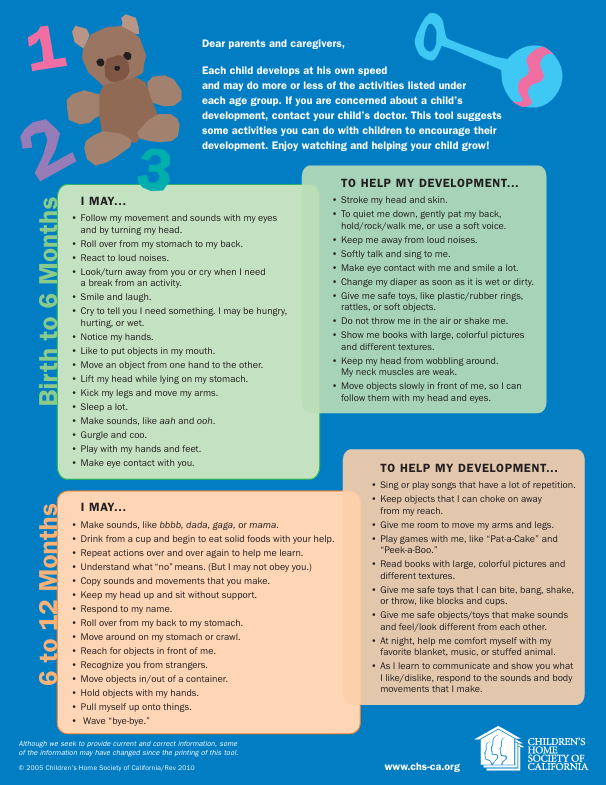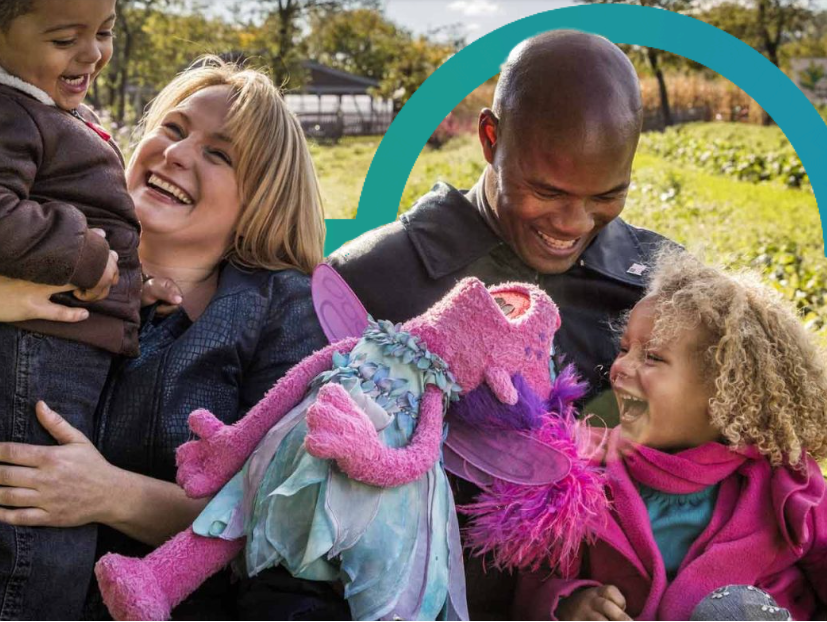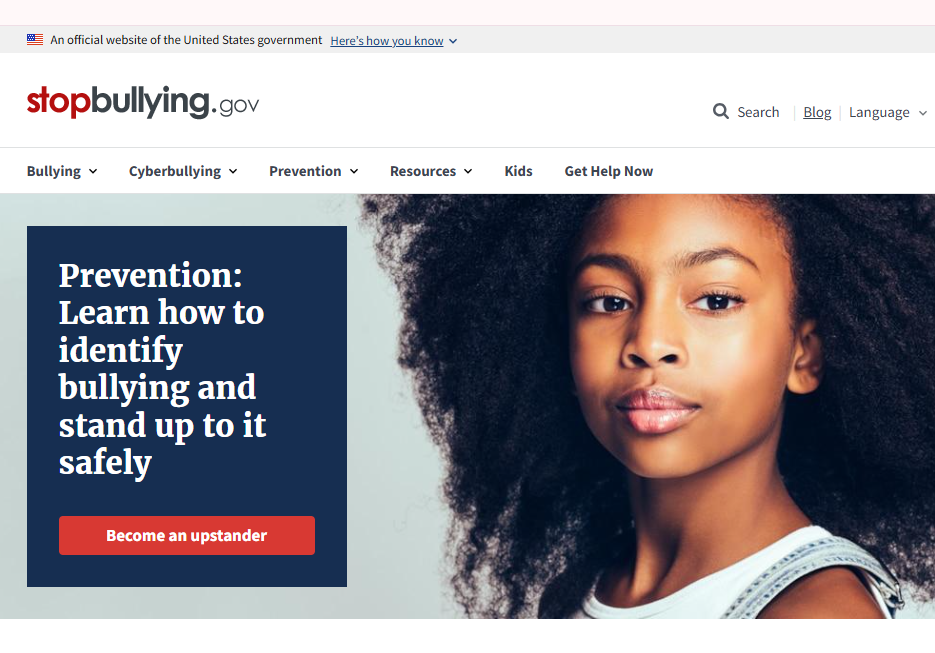This tool suggests the stages of development from birth to 6 years and some activities you can do with children to encourage their development. Enjoy watching and helping your child grow!

Social and emotional development involves several interrelated areas of development, including social interaction, emotional awareness, and self-regulation. Parents and families play an important role in nurturing their children’s social and emotional development, which can be both rewarding and challenging at the same time. Critical to providing support is having realistic expectations of children’s development at different ages. The tips are organized by age (Infants, Toddlers, Preschoolers) and are intended to help parents and families support their children’s social and emotional development – nurturing children’s ability to develop healthy relationships, manage challenges and realize their full potential.

This website has a whole library of resources to help children grow smarter, stronger, kinder, covering a wide range of topics including: Emotional Well-Being, Emergencies, Self-Care, Grief, Feelings, Divorce, Traumatic Experiences, Parenting and Community Service.

When adults respond quickly and consistently to bullying behavior they send the message that it is not acceptable. Research shows this can stop bullying behavior over time.
Parents and other adults in the community can help kids prevent bullying by talking about it, building a safe school environment, and creating a community-wide bullying prevention strategy.
Stopbullying.gov is a website full of information and resources, here are some specific pages that might be useful.

Each child develops at their own pace and has diverse learning needs and approaches. In the tools shared, your child may do more or less of the activities listed under each age group.
Tuning in and being aware of your child’s specific needs and where they are developmentally can help you adjust to daily routines and activities with your child. But if you are ever worried about your child’s development, don’t wait! Talk with your child’s doctor if you have concerns.